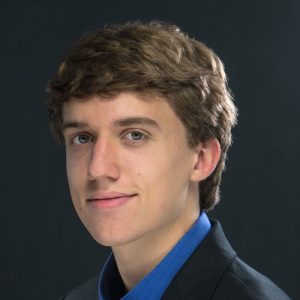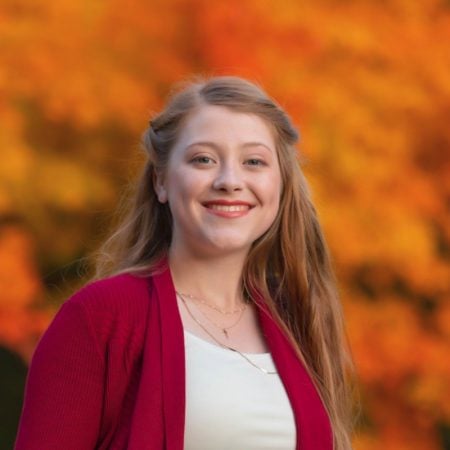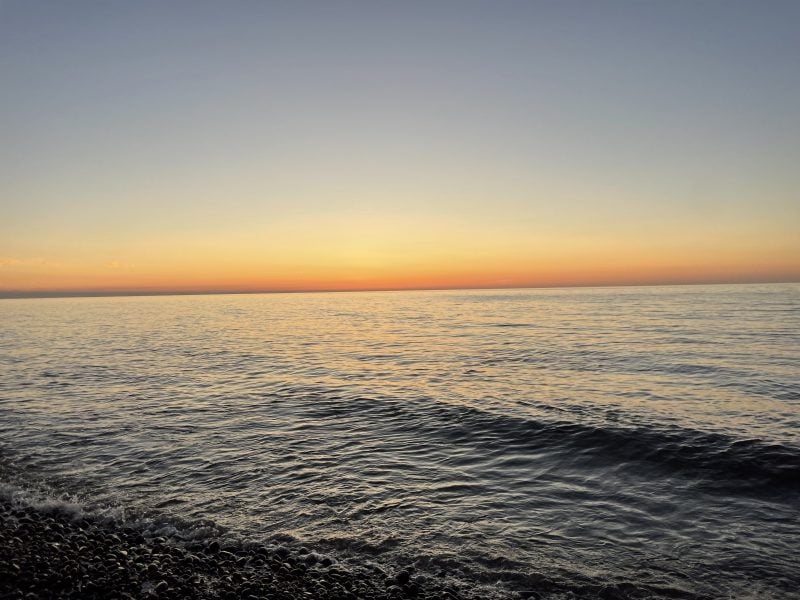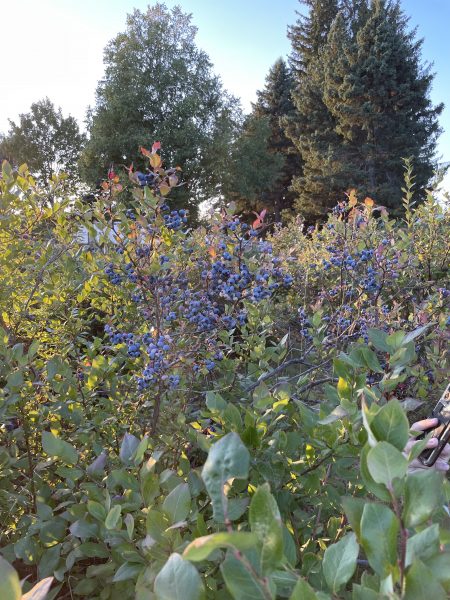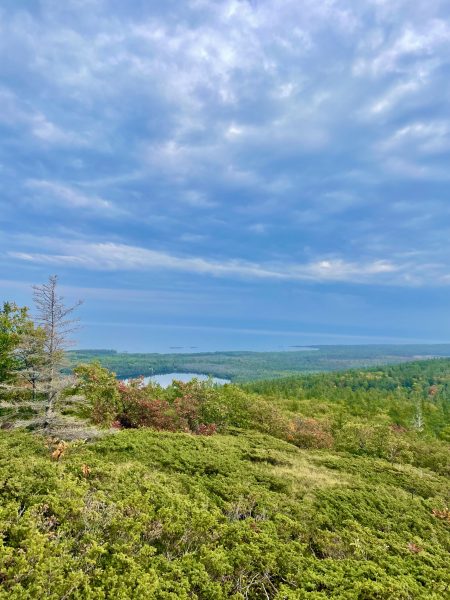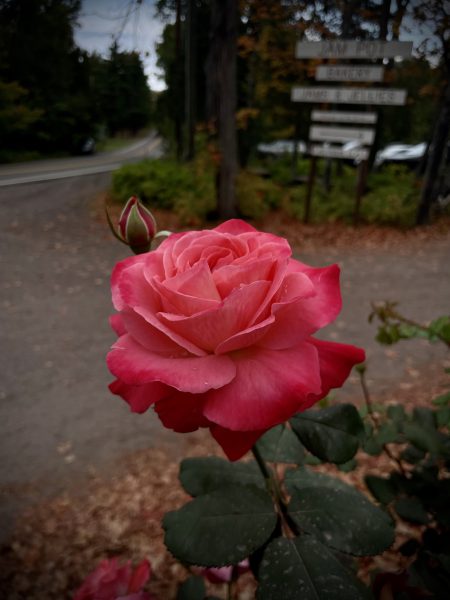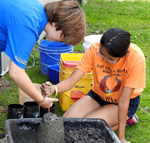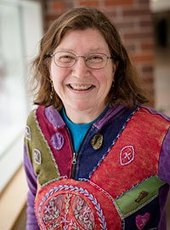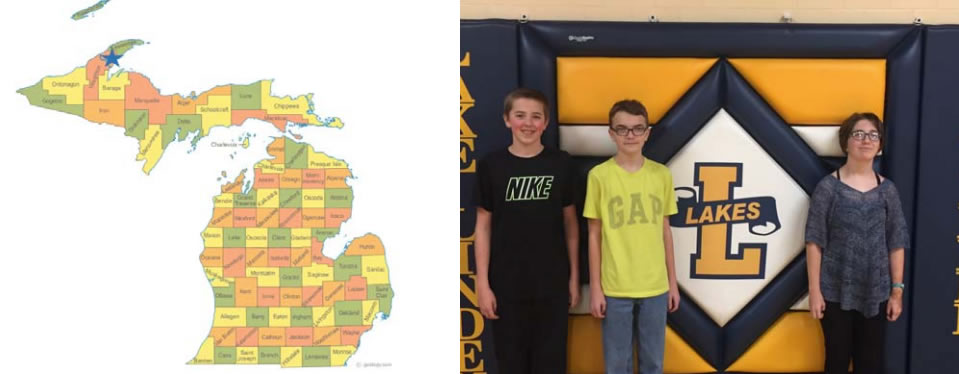Ryan Schwartz grew up in Saline, Michigan. He’ll earn his BS in mechanical engineering this spring, and plans to earn an MS in engineering management, too. Ryan works as a LEAP Leader in the Department of Engineering Fundamentals, as a good role model, effective mentor, and learning coach—all rolled into one.
As a LEAP Leader, I lead a group of roughly 20 students through the First-Year Engineering courses at Michigan Tech. I am with my students in the classroom—along with other groups and their LEAP Leaders—while they work through projects and assignments. I also lead a class once a week with just my students to reinforce the concepts taught that week in a new and interactive way.
When I was a student in the First-Year Engineering courses, I had a fantastic LEAP Leader that made my experience fantastic. I wanted to be able to provide that same experience to others, so I became a LEAP Leader.
“The thing I enjoy most about being a LEAP Leader is helping my students grow and find their place here at Michigan Tech.”
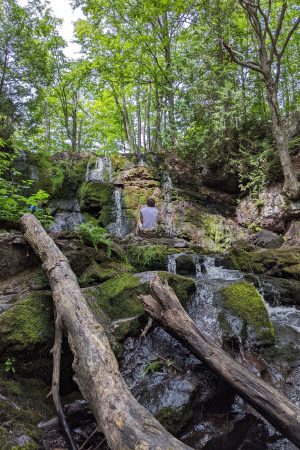
In my future career, I want to do something in the realm of sustainability and alternative energy. I don’t know yet what form that will take, but I want to do my part to reverse climate change.
I also want to be a manager and leader, wherever I may end up. I’ve developed strong leadership skills, many by serving as a LEAP Leader, that I would love to apply throughout my career.
“Classes are only a part of college.”
The best advice I can give is that classes are only a part of college. College is also about discovering yourself and making friends and memories along the way. Michigan Tech is a great place to do that while getting a quality education.
I am currently the Vice President and a Captain for the MTU Men’s Ultimate Frisbee Club – DiscoTech. My first year at Michigan Tech, I made literally every single one of my friends on Walker Lawn throwing a frisbee, and then our whole group joined the Ultimate team.
